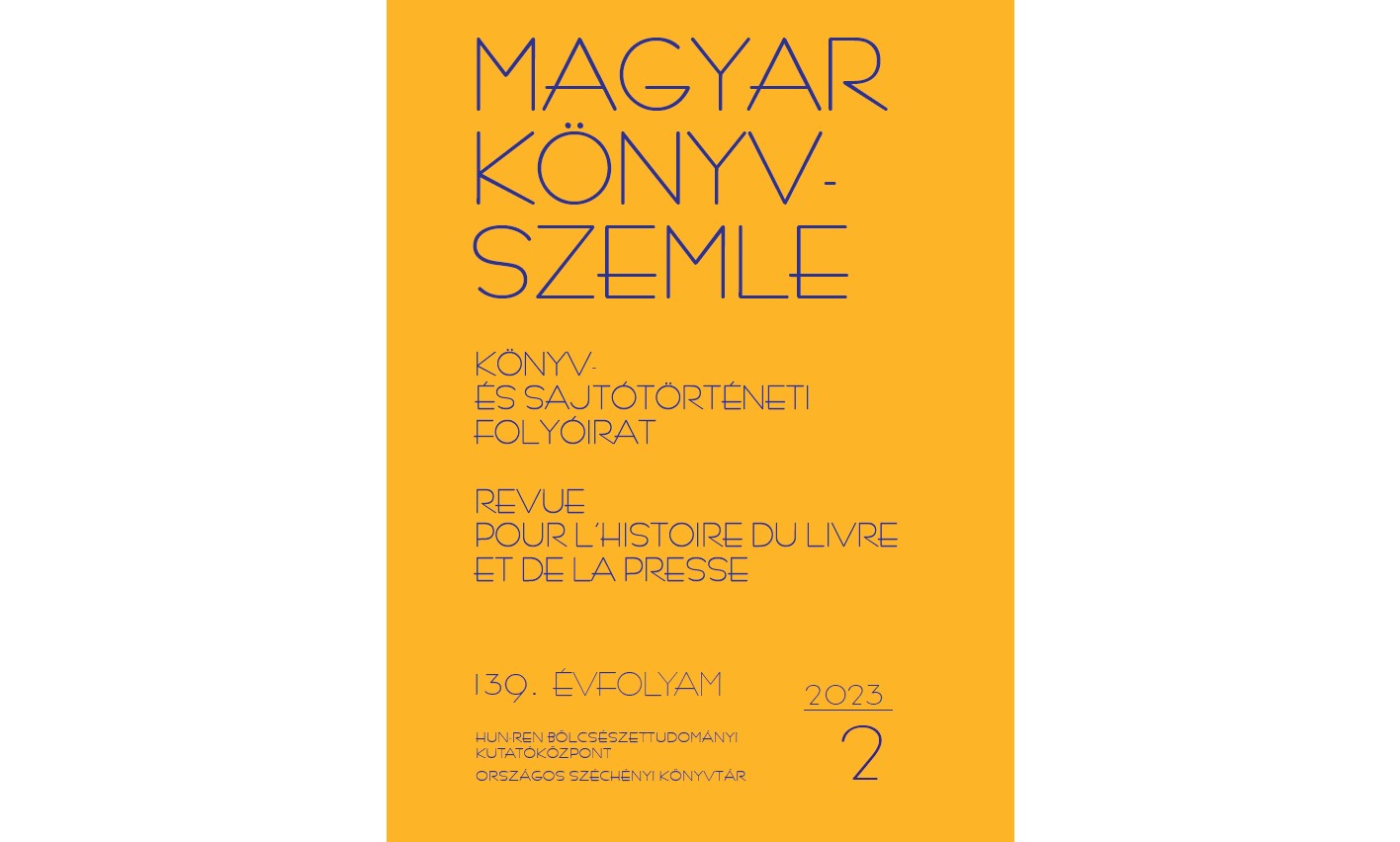Melius és a „Szegedi Biblia”
Absztrakt
Melius Juhász Péter (1532-1572) Újszövetség-fordításából, nem maradt fenn egyetlen példány sem. A 18. század óta két fennmaradt példányt említenek. A fennmaradt másolatok leírásaiból tudjuk, hogy az eredeti példányokat meglehetősen kis betűkkel nyomtatták.
Jelen tanulmány egy harmadik példányra hívja fel a figyelmet, amely idősebb Széplaki T. Pál tiszteletes (1725-1790 körül), az észak-magyarországi Losonc (Lučenec, Lizinz, ma Slovensko) református lelkészének könyvtárában maradt fenn. Azonos nevű fia (1765-1810) örökölte apja könyvtárát, aki két évvel halála előtt a Debreceni Református Kollégium egyházjogi professzorává emelkedett. Apja könyvtárának kézirata a Református Kollégium könyvtárában maradt fenn, de a könyvek nagy része eltűnt.
Széplaki katalógusának leírása nem említette a nyomtatás helyét, nevezetesen a délvidéki Szegedet. Lehet, hogy ez a város nem szerepel a címlapon. Lehetséges azonban, hogy a nagyon elfoglalt református szuperintendens Meliusnak a török hódoltság alatti Szeged városában volt némi dolga, és a fordításához ott írt előszót. Valójában a debreceni nyomdának nem volt ott nyomdája, így a fordítás valójában Debrecenben jelent meg. Az is lehetséges, hogy az akkori veszélyek miatt a közeli Váradra (Nagyvárad, ma Romániában) menekült, és ott készült el a nyomtatás.
Ezt a lehetőséget, mint a fordítás, a nyomtatás helyét és magának az 1567-es Újszövetség e harmadik példányának létezését a bibliográfiai szakirodalom soha nem tárgyalta. A Református Kollégium Könyvtárának igazgatója 1945-ben megemlítette ugyan a katalógusban, de senki sem vette észre, majd feledésbe merült.



